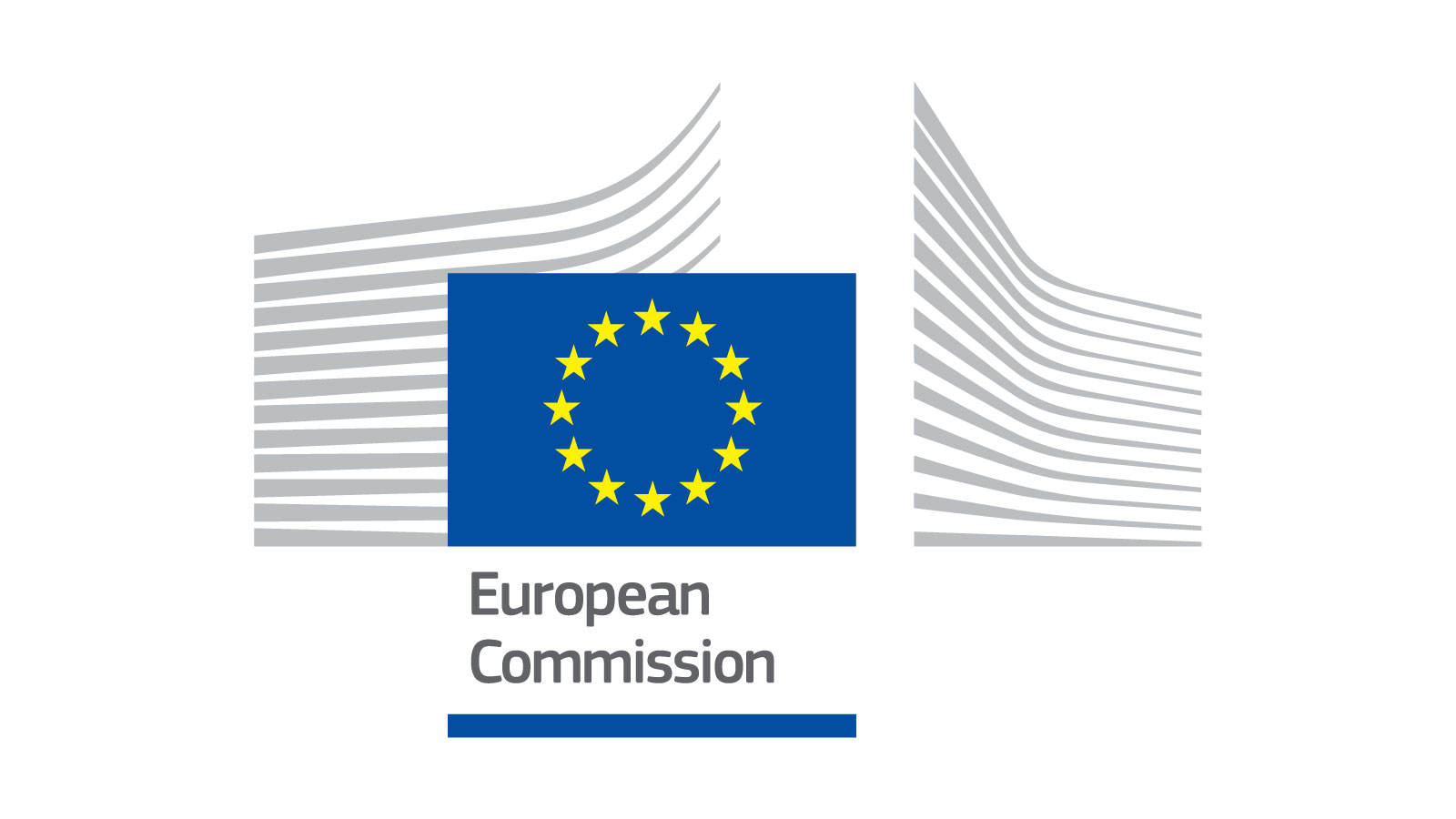IbizaPocholo
NeoGAFs Kent Brockman

Mergers: Commission opens in-depth investigation into proposed acquisition of Arm by NVIDIA
The European Commission has opened an in-depth investigation to assess the proposed acquisition of Arm by NVIDIA under the EU Merger Regulation.
The European Commission has opened an in-depth investigation to assess the proposed acquisition of Arm by NVIDIA under the EU Merger Regulation. The Commission is concerned that the merged entity would have the ability and incentive to restrict access by NVIDIA's rivals to Arm's technology and that the proposed transaction could lead to higher prices, less choice and reduced innovation in the semiconductor industry.
Executive Vice-President Margrethe Vestager, responsible for competition policy, said: "Semiconductors are everywhere in products and devices that we use everyday as well as in infrastructure such as datacentres. Whilst Arm and NVIDIA do not directly compete, Arm's IP is an important input in products competing with those of NVIDIA, for example in datacentres, automotive and in Internet of Things. Our analysis shows that the acquisition of Arm by NVIDIA could lead to restricted or degraded access to Arm's IP, with distortive effects in many markets where semiconductors are used. Our investigation aims to ensure that companies active in Europe continue having effective access to the technology that is necessary to produce state-of-the-art semiconductor products at competitive prices."
NVIDIA develops and supplies processor products for various applications, including in datacentres, Internet of Things ('IoT'), automotive applications and gaming. Arm licenses out intellectual property ('IP') for processing units, in particular to semiconductor chipmakers and Systems-on-Chip ('SoC') developers. By acquiring Arm, NVIDIA would gain full control over Arm's technology and licensing business.
The Commission's preliminary competition concerns
Following its preliminary investigation, the Commission considers that Arm has significant market power on the market for the licensing of Central Processing Unit ('CPU') IP for use in processor products. Therefore, the Commission has concerns that the merged entity would have the ability to restrict or degrade access to Arm's technology by providers of processor products NVIDIA may compete with. The preliminary investigation suggests that the merged entity would also have the economic incentive to engage in such foreclosure strategies which could reduce competition in the market for the supply of processor products across different fields of application:
- datacentre CPUs;
- smart network interconnects ('SmartNICs') used in datacentres to offload network, storage, and security processing from the CPU to reduce its workload and accelerate its processing;
- semiconductors used for automotive advanced driver-assistance systems ('ADAS'), which encompass a broad range of technical features enabling vehicles to assist the driver;
- semiconductors used in infotainment applications, which refers to in-vehicle information and entertainment for drivers and passengers and includes various features, such as audio and video playback, automotive navigation systems, USB and Bluetooth connectivity, internet access, and Wi-Fi;
- SoCs equipping high-performance IoT devices;
- SoCs used in gaming consoles;
- SoCs used in general-purpose PCs.
In addition, the Commission will also further examine:
- Whether the transaction might stifle innovation because Arm licensees might be reluctant to continue sharing commercially sensitive information with the merged entity because they are competing with NVIDIA.
- A potential refocussing of Arm's R&D spending on products that are most profitable for NVIDIA downstream, to the detriment of players heavily relying on certain Arm IP in other areas.
The proposed transaction was notified to the Commission on 8 September 2021. On 6 October 2021, NVIDIA submitted commitments to address some of the Commission's preliminary concerns. However, the Commission considered these commitments insufficient to clearly dismiss its serious doubts as to the effect of the transaction. The Commission therefore did not test them with market participants.
The Commission now has 90 working days, until 15 March 2022 to take a decision. The opening of an in-depth inquiry does not prejudge the final result of the investigation.

